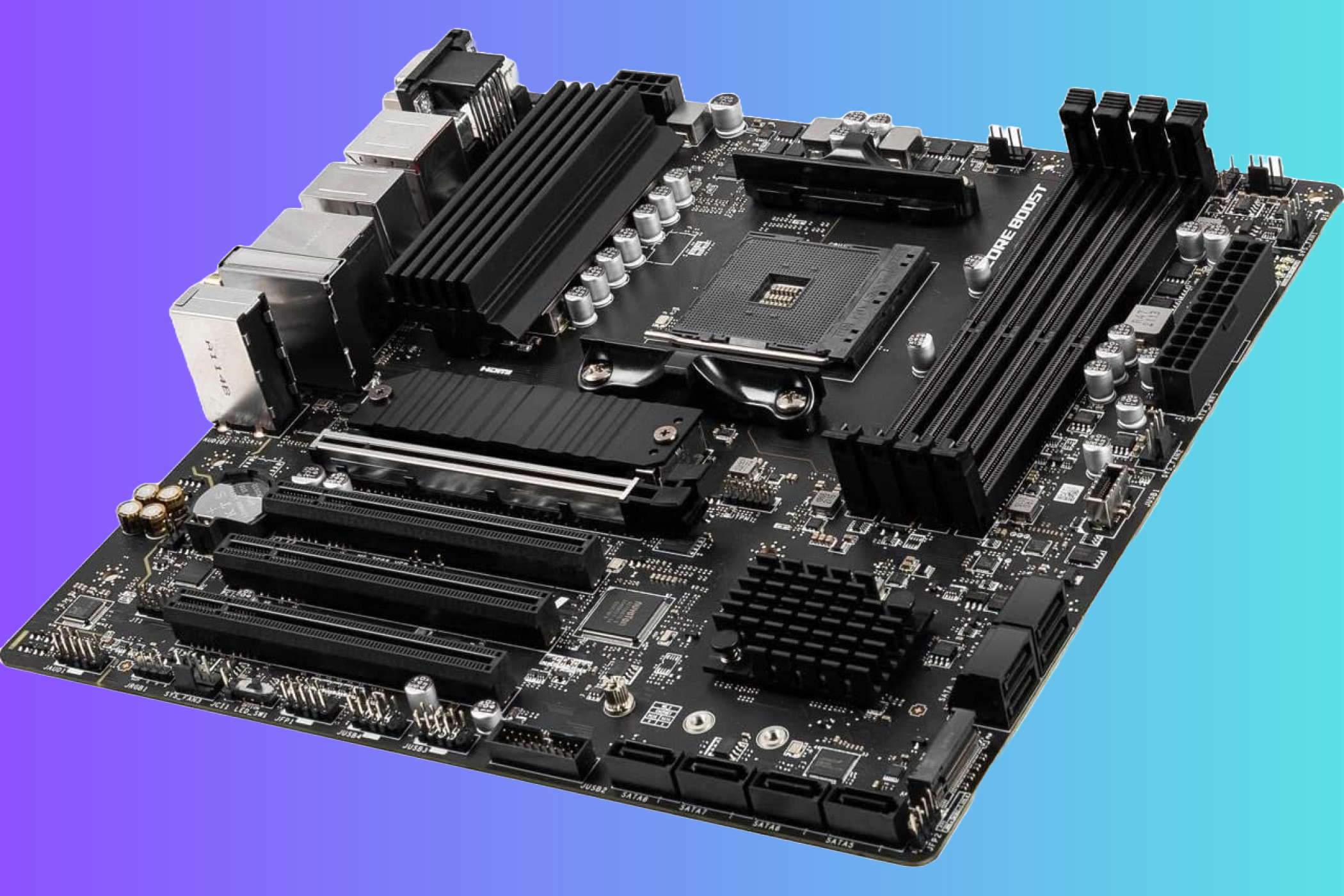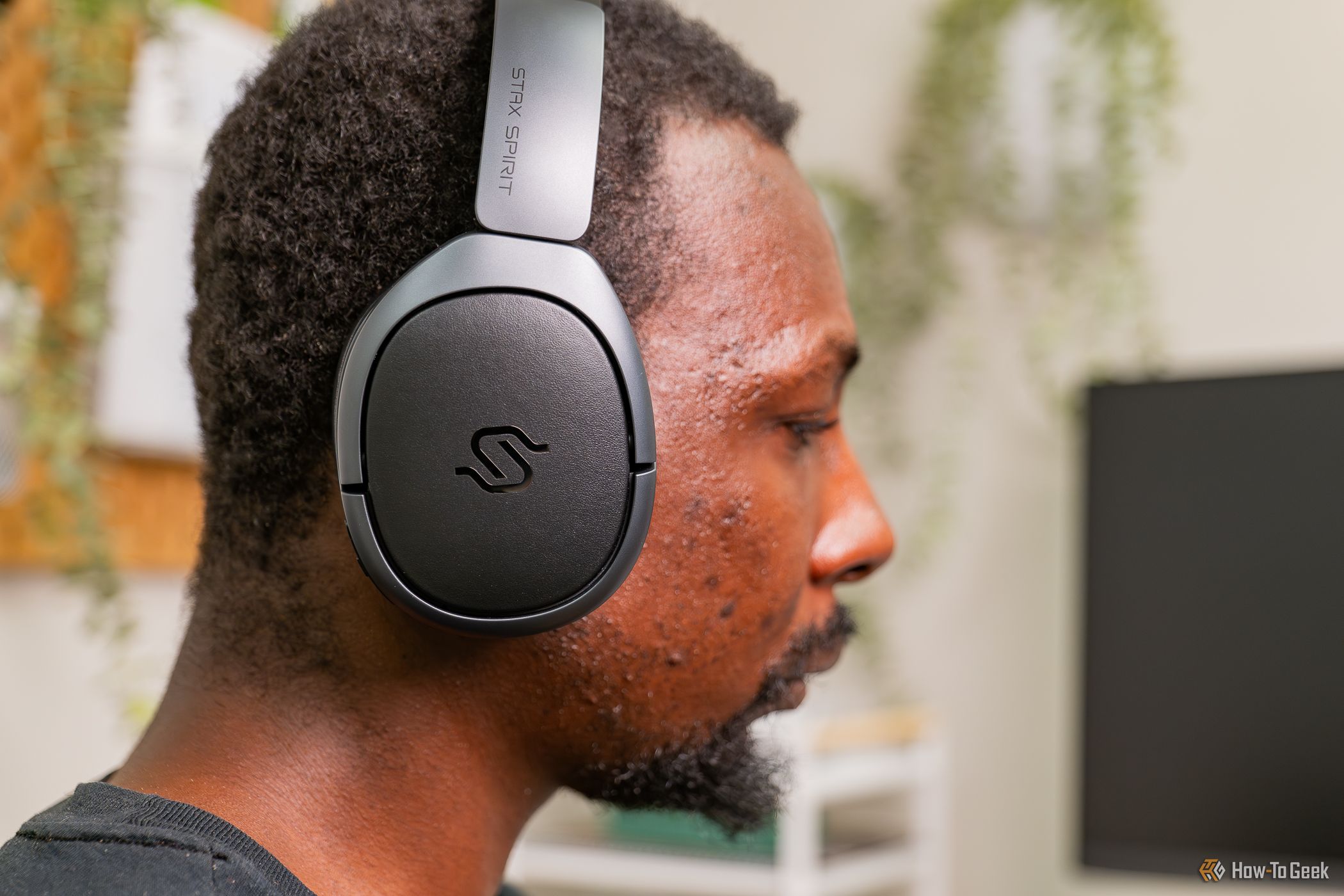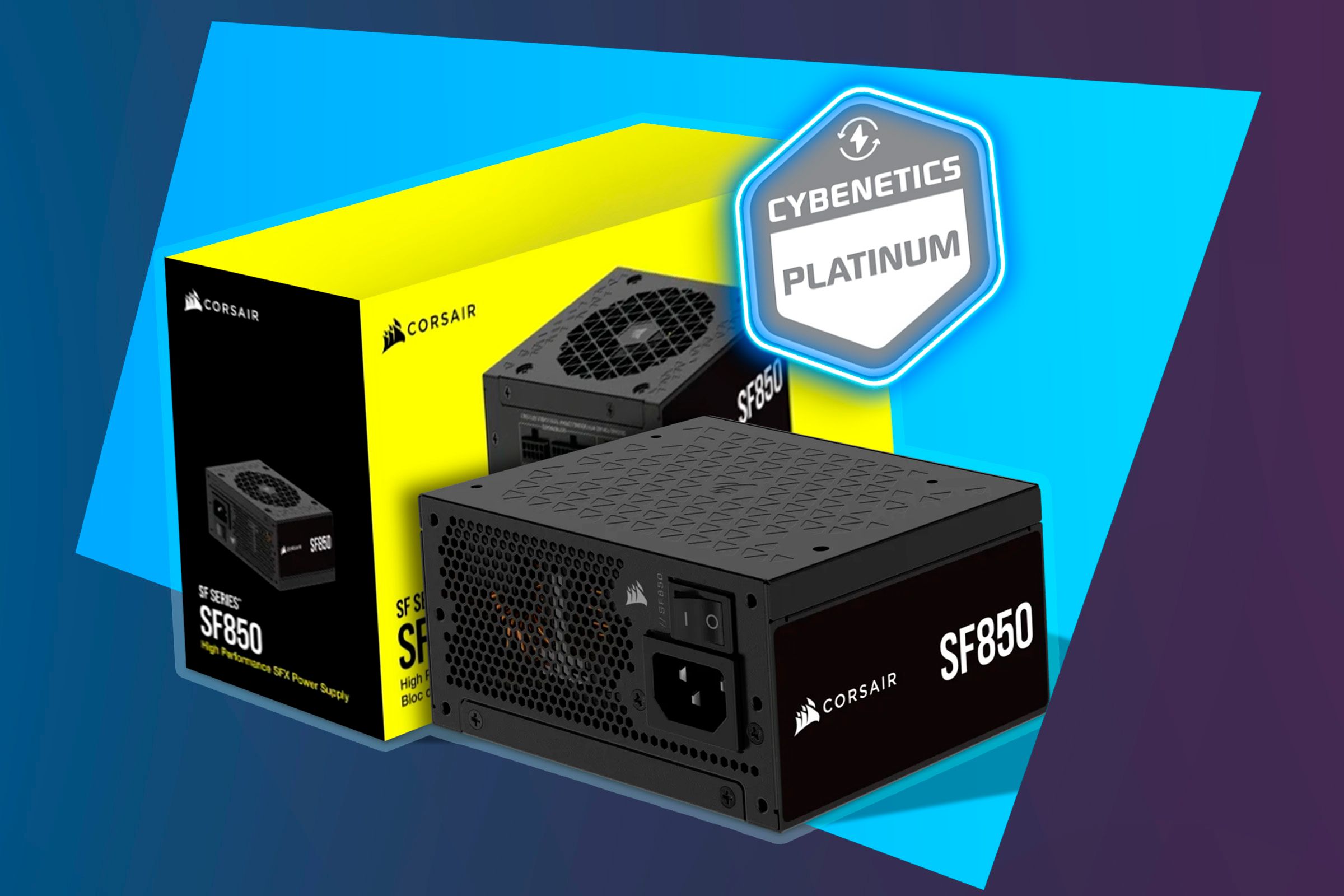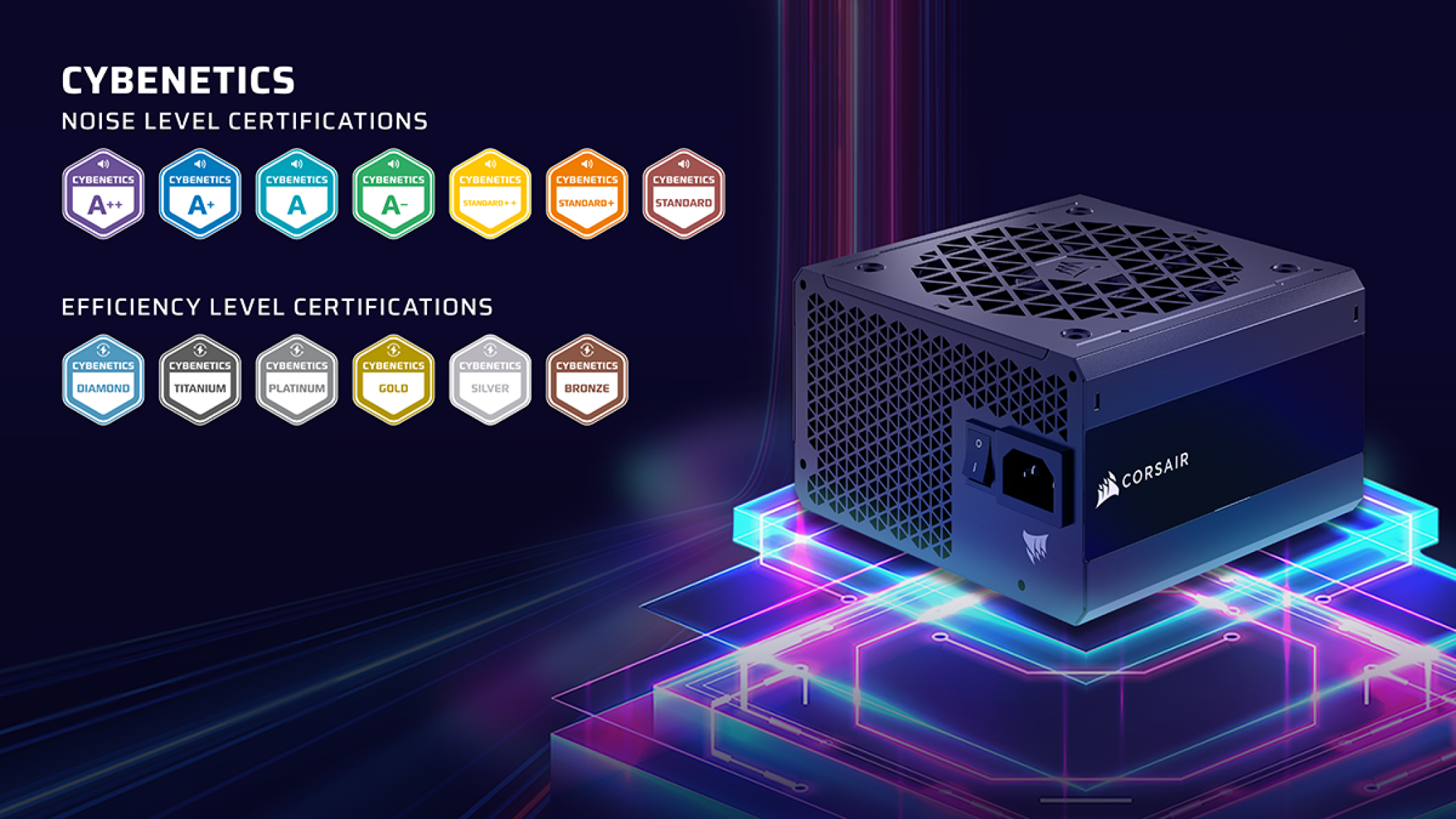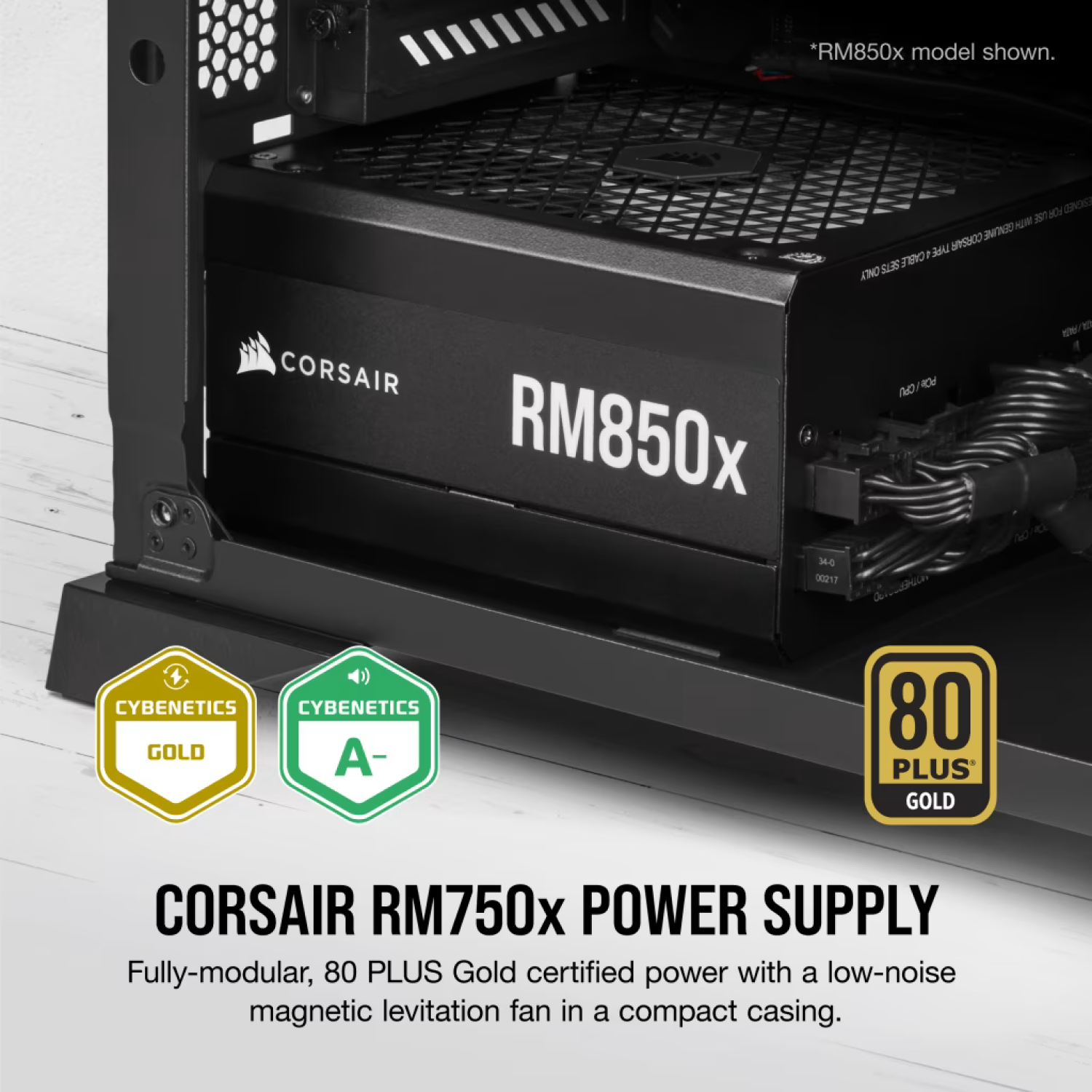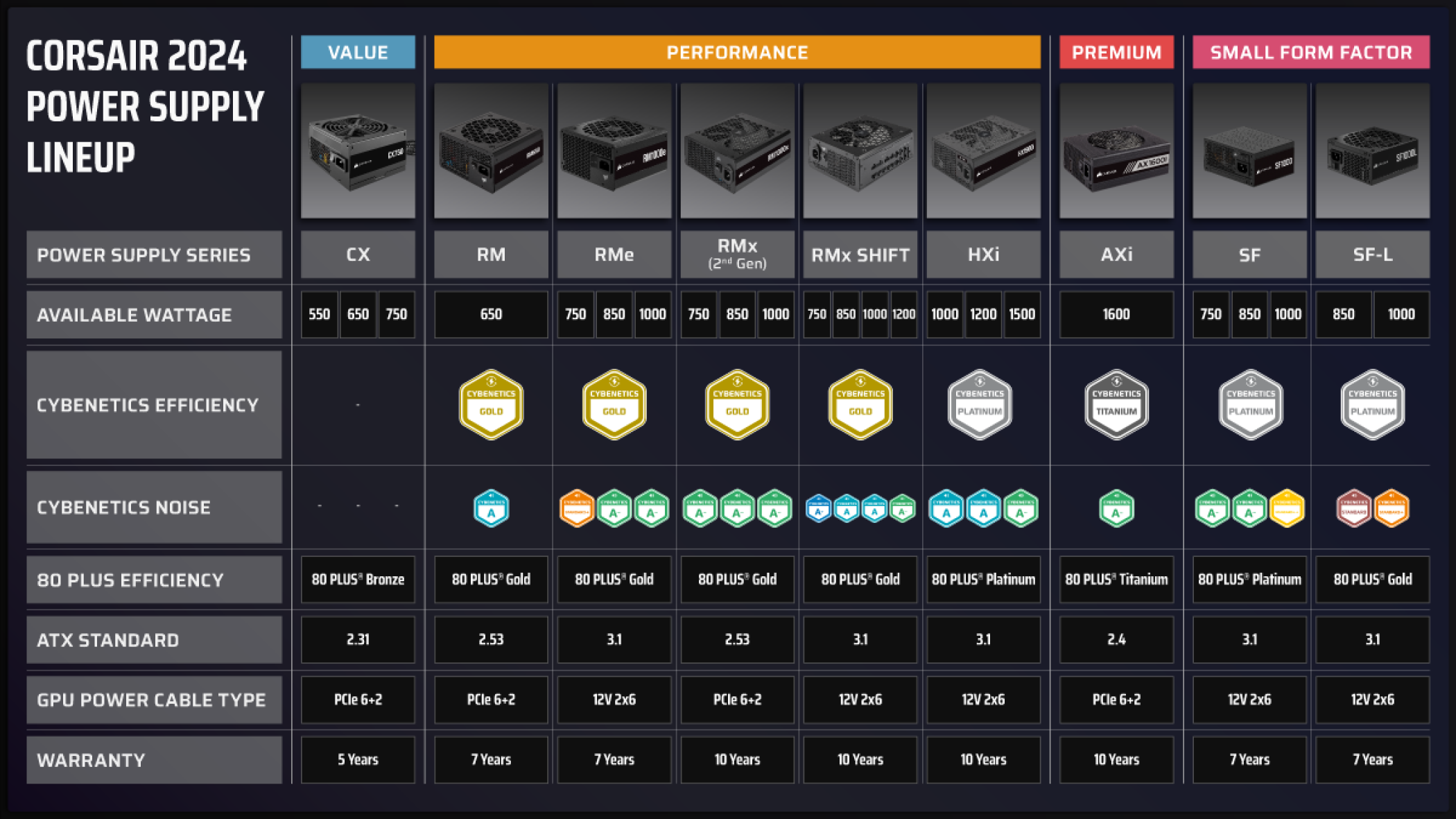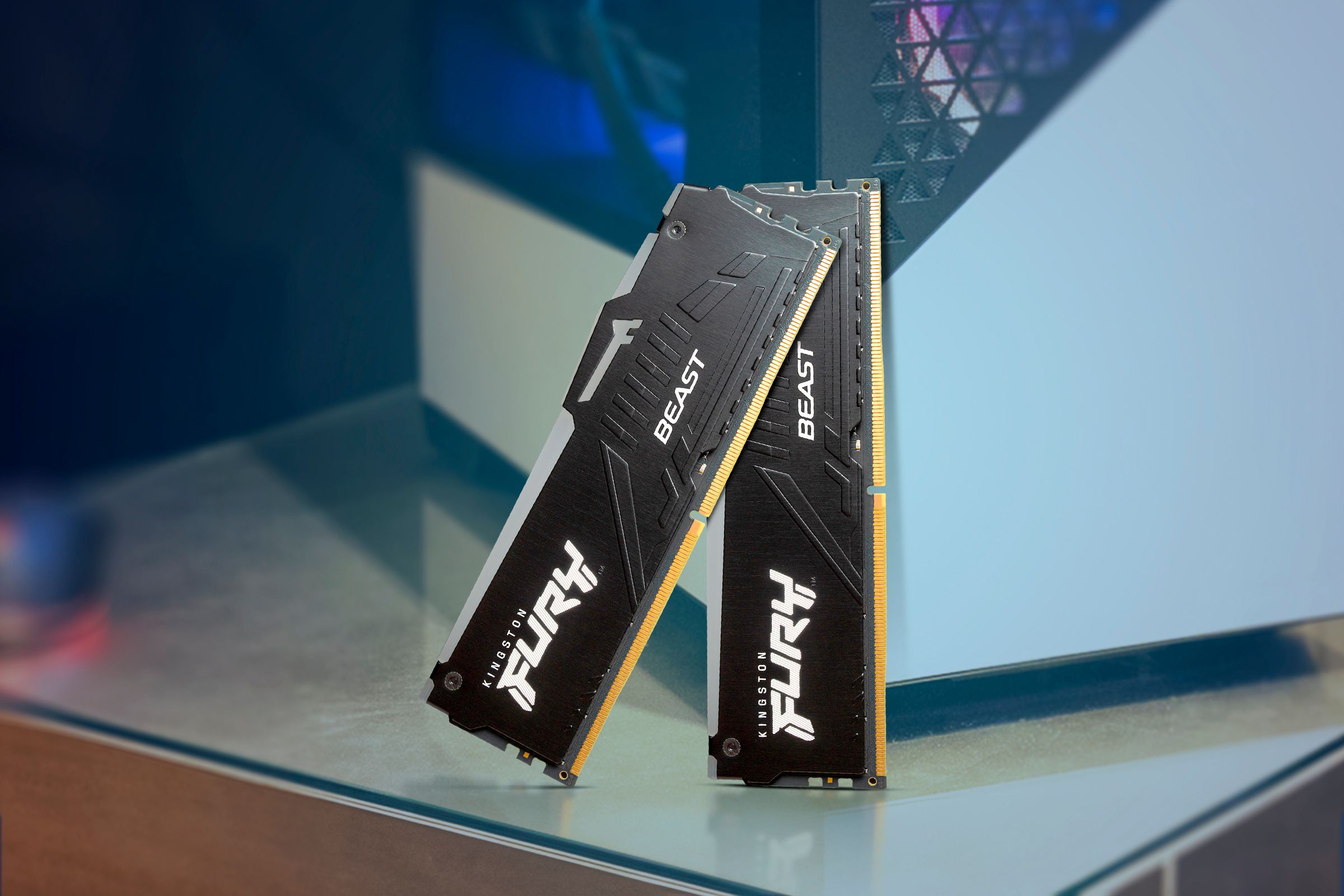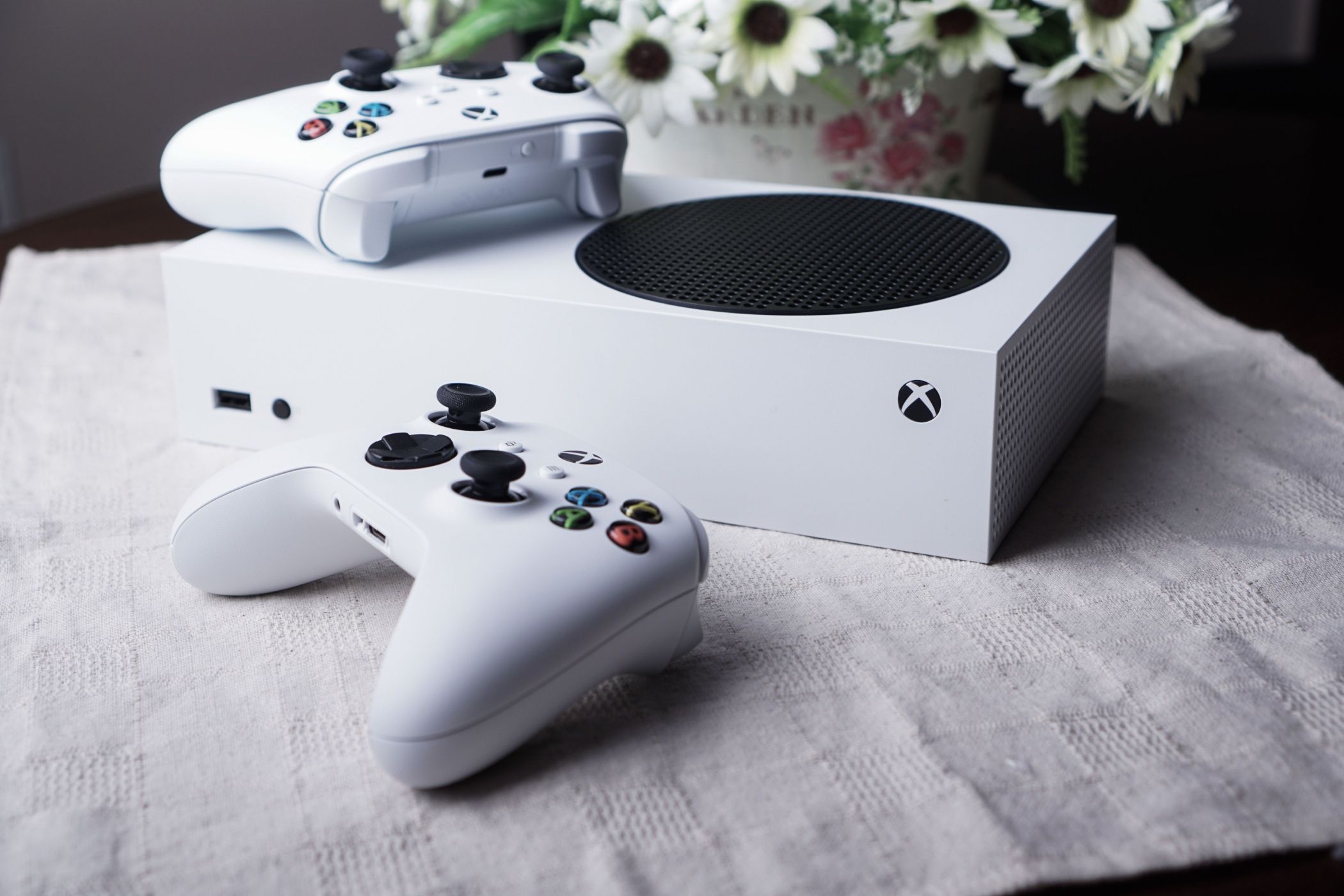What Are Cybenetics PSU Certifications and Why They Matter
Computer Hardware
Key Takeaways
- Cybenetics offers ETA and LAMBDA certifications, evaluating PSU efficiency and noise output.
- ETA rates PSUs not only based on efficiency but also on power factor, 5VSB efficiency, and vampire power.
- While the 80 Plus PSU certification program is pretty good, Cybenetics PSU certifications provide more comprehensive info compared to 80 Plus.
If you’re shopping for a new power supply for your PC, you should know that the 80 Plus certificate is no longer king of the hill. A company called Cybenetics has its own set of PSU certifications that are more comprehensive than 80 Plus.
Cybenetics PSU Certifications Rate Efficiency and Noise Output
Cybenetics offers two sets of PSU certifications, ETA and LAMBDA. The former is derived from the Greek letter “η,” which represents efficiency. The latter is also derived from a Greek letter, “Λ.”
The ETA certification rates PSUs according to their efficiency, that is, how much of the current from the wall that goes through the PSU exits the other side of the power supply and finds its way to your PC. Naturally, the higher the percentage, the better. For example, if the efficiency level of a certain PSU is 90%, it means that the PSU will deliver 90% of the current it takes from the wall to your PC.
ETA doesn’t only account for efficiency but also for the overall PF (power factor, which is another way to describe overall efficiency), 5VSB efficiency (the efficiency of the 5VSB PSU rail that provides 5V standby power to your PC while it’s turned off), and vampire power (the amount of power the PSU uses when the PC is turned off).
The certification includes five efficiency certifications: Bronze, Silver, Gold, Platinum, Titanium, and Diamond. The table below details each certificate at a 115V input.
|
Efficiency Tiers (115V) |
Efficiency |
Power Factor |
5VSB Efficiency |
Vampire Power |
|---|---|---|---|---|
|
DIAMOND |
≥93% overall efficiency |
≥0.985 |
>79% |
<0.10W |
|
TITANIUM |
≥91% & <93% overall efficiency |
≥0.980 |
>77% |
<0.13W |
|
PLATINUM |
≥89% & <91% overall efficiency |
≥0.975 |
>76% |
<0.16W |
|
GOLD |
≥87% & <89% overall efficiency |
≥0.970 |
>75% |
<0.19W |
|
SILVER |
≥85% & <87% overall efficiency |
≥0.960 |
>73% |
<0.22W |
|
BRONZE |
≥82% & <85% overall efficiency |
≥0.950 |
>71% |
<0.25W |
The second certification program, LAMBDA, accounts for the maximum noise level a certain PSU can produce under load, measured in decibels. There are seven LAMBDA certifications: Standard, Standard+, Standard++, A-, A, A+, and A++. The maximum noise levels for each of the seven noise tiers are shown below.
|
Noise Levels (115V/230V) |
Noise Requirements |
|---|---|
|
A++ |
<15 dB(A) |
|
A+ |
≥15 dB(A) & <20 dB(A) |
|
A |
≥20 dB(A) & <25 dB(A) |
|
A- |
≥25 dB(A) & <30 dB(A) |
|
Standard++ |
≥30 dB(A) & <35 dB(A) |
|
Standard+ |
≥35 dB(A) & <40 dB(A) |
|
Standard |
≥40 dB(A) & <45 dB(A) |
LAMBDA certification is important because, while a PSU might be efficient and mostly made of high-quality parts, its manufacturer might equip it with a lower-quality cooling solution that could be noticeably loud under stress. Or, in the case of SFX PSUs, the cooling solution might be high-end, but the small form factor means the fan used for cooling is smaller and will work at very high RPMs, and thus be very loud, under strenuous loads.
For example, the first generation of the Cooler Master V850 SFX power supply offered immense power in an SFX form factor, along with impressive efficiency and great overall quality, but it was very loud under strenuous loads. If Cybenetics had tested and certified said PSU, prospective buyers would know that the PSU is impressively efficient but also noisy.
Cybenetics PSU Certifications Versus 80 PLUS
The 80 Plus certification program reigned supreme for many years, but now that Corsair, arguably the biggest PSU brand in the world, has embraced Cybenetics PSU certifications, the question arises, what does Cybenetics do better than 80 Plus?
Well, the obvious answer is that with Cybenetics certifications, you get information concerning both efficiency and noise. Further, while all PSUs that are 80 Plus certified have to feature at least a 90% power factor, 80 Plus doesn’t measure 5VSB efficiency and vampire power, which are important aspects in the world of consumer PSUs because most of us regular PC owners either turn off or hibernate our PCs during the night or when we aren’t home, or at least put them to sleep.
At the end of the day, while the 80 Plus program is a pretty solid PSU certification program, it’s not as comprehensive as Cybenetics.
PSU Efficiency and Noise Ratings Do Not Evaluate Overall PSU Performance
Before I end this piece, I should tell you that the noise and efficiency ratings, or the efficiency ratings in the case of 80 Plus, do not evaluate overall PSU performance and quality. While it’s true that higher efficiency ratings positively correlate with PSU quality, since higher efficiency is achieved by using higher quality internal components, you should still read professional reviews and long-term buyer evaluations and check out the famous PSU tier list before pulling the trigger.
For example, certain PSU models might fare well in professional reviews, but they could suffer from issues that only surface after long-term usage. There’s also the issue of golden samples, that is, manufacturers sending the best possible PSU specimens to rating bodies that might not reflect the quality of the final, mass-produced product.
Regarding quality PSU review sources, I recommend Hardware Busters—mastheaded and owned by Aris Mpitziopoulos, the CEO of Cybenetics—Tom’s Hardware, Anandtech, and TechPowerUp. They all implement very comprehensive test methodologies that cover all important PSU aspects. Gamers Nexus YouTube channel also has very comprehensive PSU reviews, but their PSU reviews are few and far between.
Last but not least, I also recommend asking members of r/buildapc for their opinions about the PSU you’re eyeing. They’re a very helpful bunch and are usually eager to explain everything you might want to know about a certain PSU. Just make sure to search the subreddit before creating a new post because there’s a good chance someone has already inquired about the same PSU in the past.









